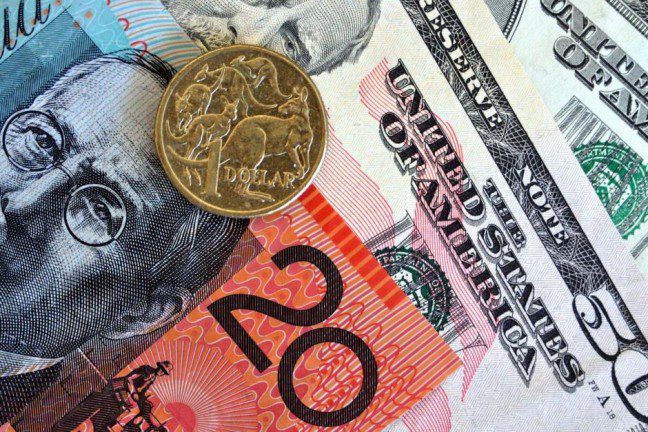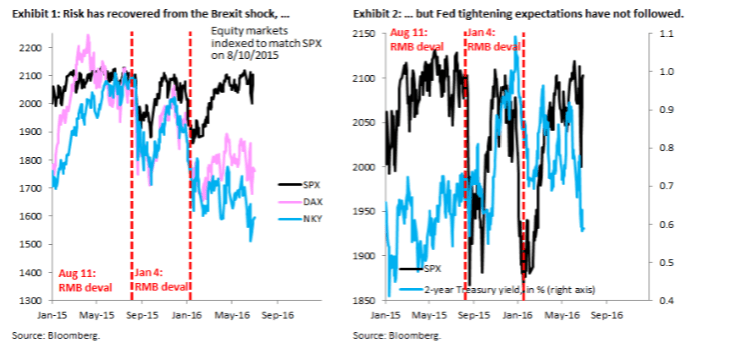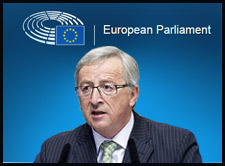As the surprise and noise settle down, Chancellor of the Exchequer George Osborne is formulating new economic plans for the post-"Brexit" U.K. economy, that is said to include a drastic reduction in the corporation tax in a bid to attract more businesses to the country.
In an interview to the Financial Times, published Monday, Osborne said he is planning to slash the corporation tax to below 15 percent from the current 20 percent. In the budget presented in March, the levy was forecast to reach 17 percent by 2020.
"We have now got to be part of a supreme national effort to make it work for the British people," the chancellor told the FT.
In the June 23 referendum, 52 percent of Britons voted to leave the EU in a historic and surprise move.
A day after, Prime Minister David Cameron, who had passionately campaigned for the country to remain in the EU, said he will step down in October and the exit negotiations should take place under a new PM.
Once seen as the future UK Prime Minister, Osborne last month decided not to join the fray to fill the post.
Osborne has a new five-point plan to strengthen the U.K. economy, the FT reported, and slashing the corporation tax is a key point of the plan.
Despite expressing optimism and confidence on the future for post-"Brexit" U.K., the chancellor stuck to his earlier warning that the economy may slide into recession if it left the European Union.
Though "Brexit" is going to be hard on the economy, Britons must "make the best of it and make the most of it", Osborne said.
Last week, Osborne abandoned his main target of achieving a budget surplus by 2020, echoing the Bank of England Governor Mark Carney's warning that the uncertainty linked to the implementation of the unexpected "Brexit" decision is likely to cause a "large negative shock".
Even before "Brexit", economists had expressed doubt over achieving a budget surplus by 2020, a goal set by Osborne in the budget in July last year.
Announcing her bid for the Tory leadership last week, the lead contender and a "Remain" campaigner like Osborne, Home Secretary Theresa May also said there was no scope of attaining a budget surplus by 2020.
Following "Brexit", it is widely expected that the government will raise borrowing than increases taxes in an otherwise troubled economy.
The chancellor hopes to build a "super competitive economy" with low business taxes and a global outlook, the FT report said.
Regarding the new relationship with the EU, Osborne said the greatest emphasis should be on having the best possible trade in goods and in services, especially financial services.
He also said that the U.K. cannot hope to enjoy all the benefits of EU membership without bearing any of the costs or obligations.
The free movement of people need to be reformed, Osborne said, adding that "to ignore that would be,…to ignore one of the clear verdicts of the referendum".
He also sought maximum closeness with the European allies and stressed that "they remain not just key friends and strategic partners but also a crucial export market".
Osborne also said he will put more effort into maintaining strong relations with China.
by RTT Staff Writer
For comments and feedback: editorial@rttnews.com
Business News





